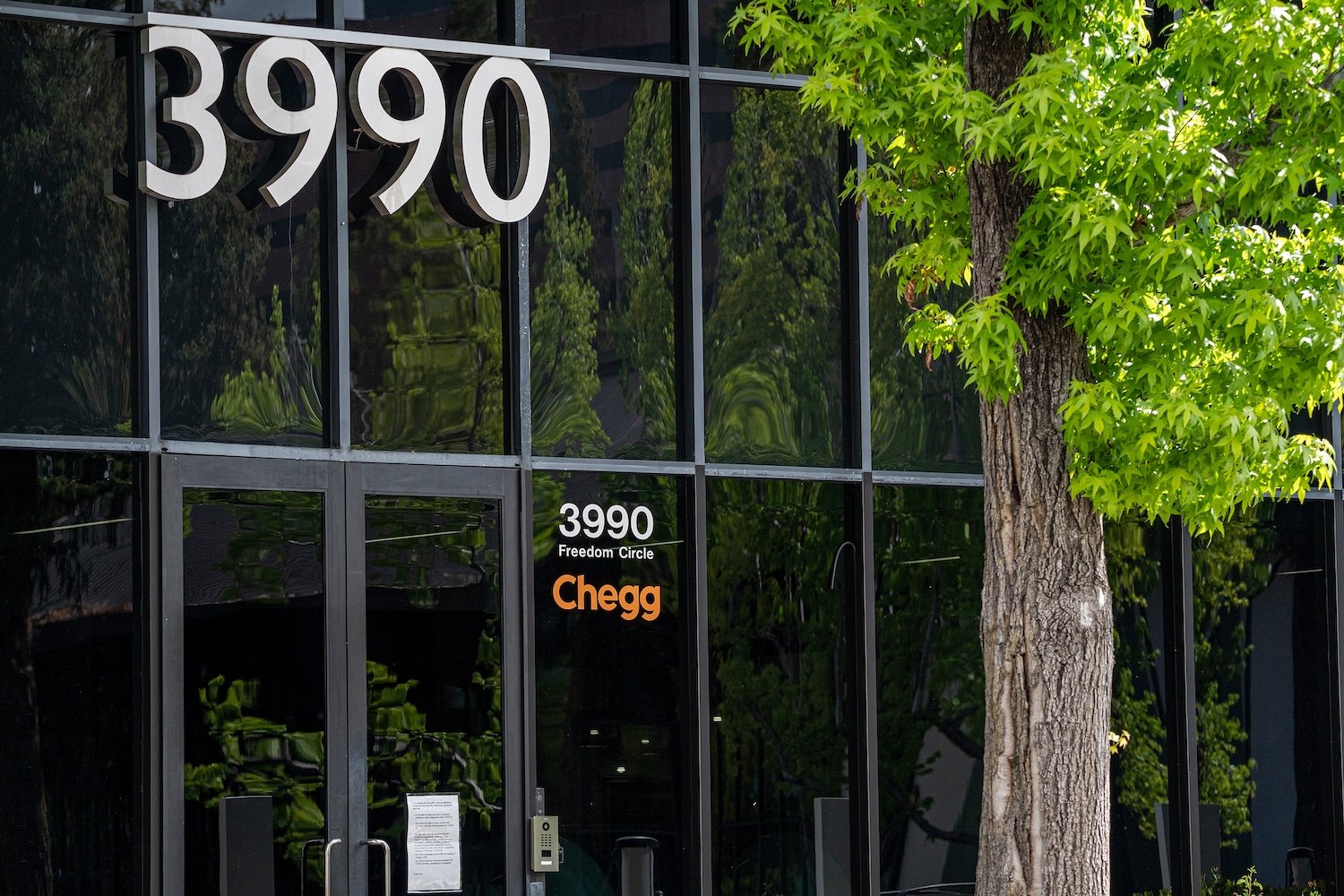Chegg, once a dominant force in the online education support market, has seen a dramatic decline. Its stock price has plummeted by an astonishing 99% since its peak in 2021, wiping out $14.5 billion in value. This decline coincides with a significant drop in paid subscribers, totaling half a million. The company, known for textbook rentals and homework help, is facing serious challenges, with declining revenue raising concerns about its ability to manage its debt. This article explores the factors contributing to Chegg’s downfall, focusing on the disruptive impact of ChatGPT and the changing landscape of online learning.
From Textbooks to Trouble: Chegg’s Evolving Business Model
Chegg initially gained popularity in the 2000s by offering textbook rentals. Over time, it expanded its services to include online study guides and eventually a platform providing pre-written answers to common homework questions. This model, however, proved vulnerable to disruption.
The ChatGPT Catalyst: A Shift in Student Preferences
The emergence of ChatGPT has significantly impacted Chegg’s business model. Chegg’s traditional approach involved employing thousands of contractors to create answers for homework questions across various subjects – a labor-intensive and potentially incomplete process. In contrast, ChatGPT, trained on a vast dataset of internet text, offers quick and readily available answers to a wider range of questions.
While the easing of pandemic restrictions and the return to in-person learning have contributed to Chegg’s challenges, the correlation between ChatGPT’s launch and the decline in Chegg subscriptions is undeniable. As reported by the Wall Street Journal, students are increasingly turning to ChatGPT for homework assistance.
“It’s free, it’s instant, and you don’t really have to worry if the problem is there or not,” noted Jonah Tang, an M.B.A. candidate at Point Loma Nazarene University in San Diego, highlighting the advantages of ChatGPT over Chegg.
A survey conducted by investment bank Needham reinforces this trend, revealing a decrease in students intending to use Chegg and a simultaneous surge in ChatGPT usage.
Chegg’s Response and Uncertain Future
Chegg has attempted to address these challenges through various measures. The company laid off a significant portion of its workforce and is now focusing on attracting “curious learners” by providing more comprehensive AI-assisted answers and live counseling. However, the effectiveness of these strategies remains to be seen.
Interestingly, Chegg employees reportedly anticipated the need for AI-powered answer automation in 2022, foreseeing the increasing demand. However, leadership delayed the development of such tools until after ChatGPT’s release. Even then, some within Chegg remained unconcerned, citing ChatGPT’s tendency to generate incorrect answers.
The Appeal of Convenience: Students Embrace AI Despite Risks
Similar to the widespread use of Wikipedia despite its known limitations, students appear willing to accept the risks associated with ChatGPT for its convenience. While chatbots can offer helpful guidance, they lack true understanding of complex subjects like math, often producing deceptively correct but ultimately inaccurate answers. In subjects like history, chatbots may be more reliable, but verifying their information remains crucial.
Conclusion: A Lesson in Adaptation
Chegg’s predicament highlights the importance of adapting to technological advancements. While the company is now exploring AI integration, the delay in embracing this technology may have cost them dearly. The future of Chegg remains uncertain, serving as a cautionary tale about the disruptive potential of AI and the need for companies to remain agile and responsive to evolving market dynamics.











